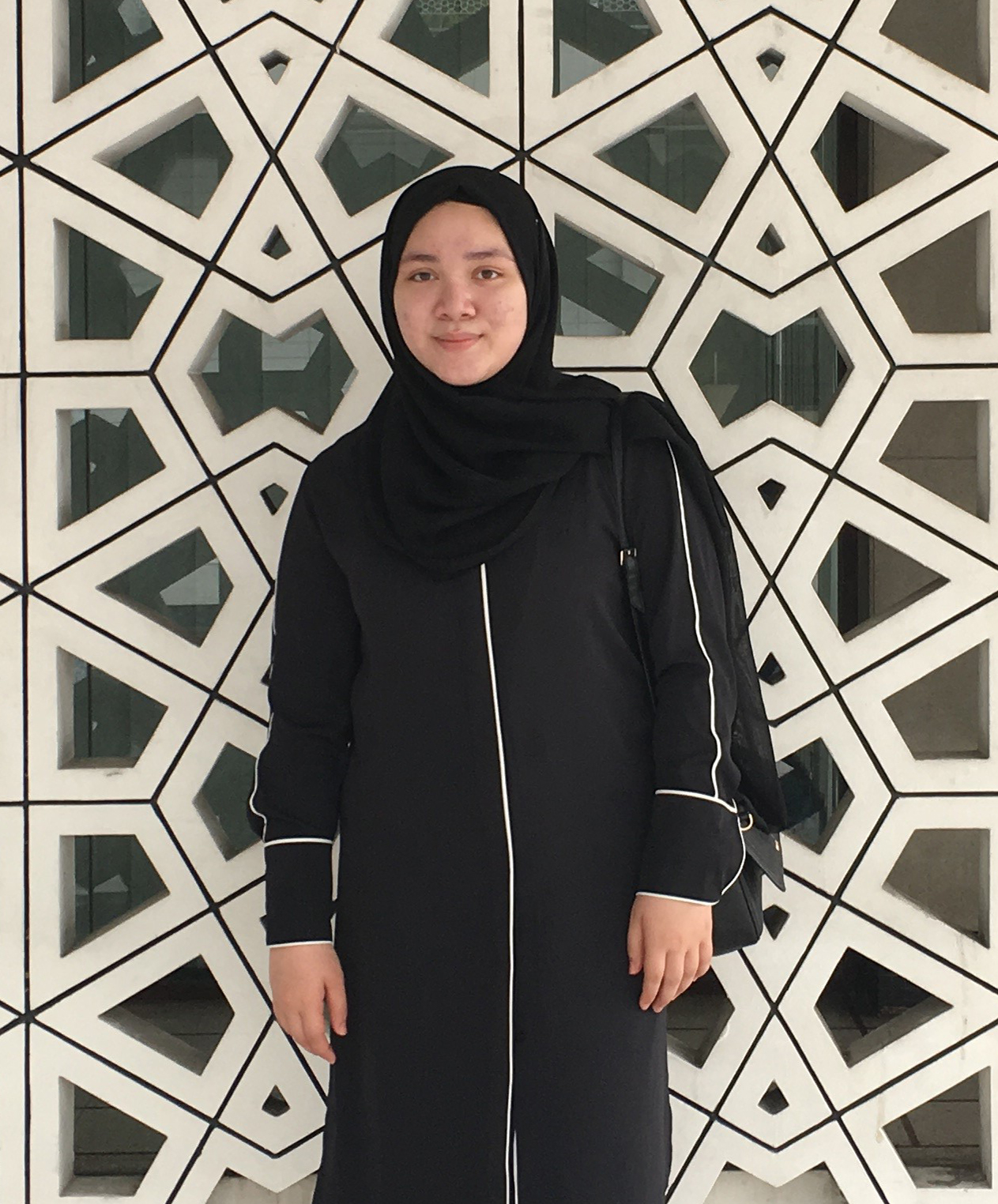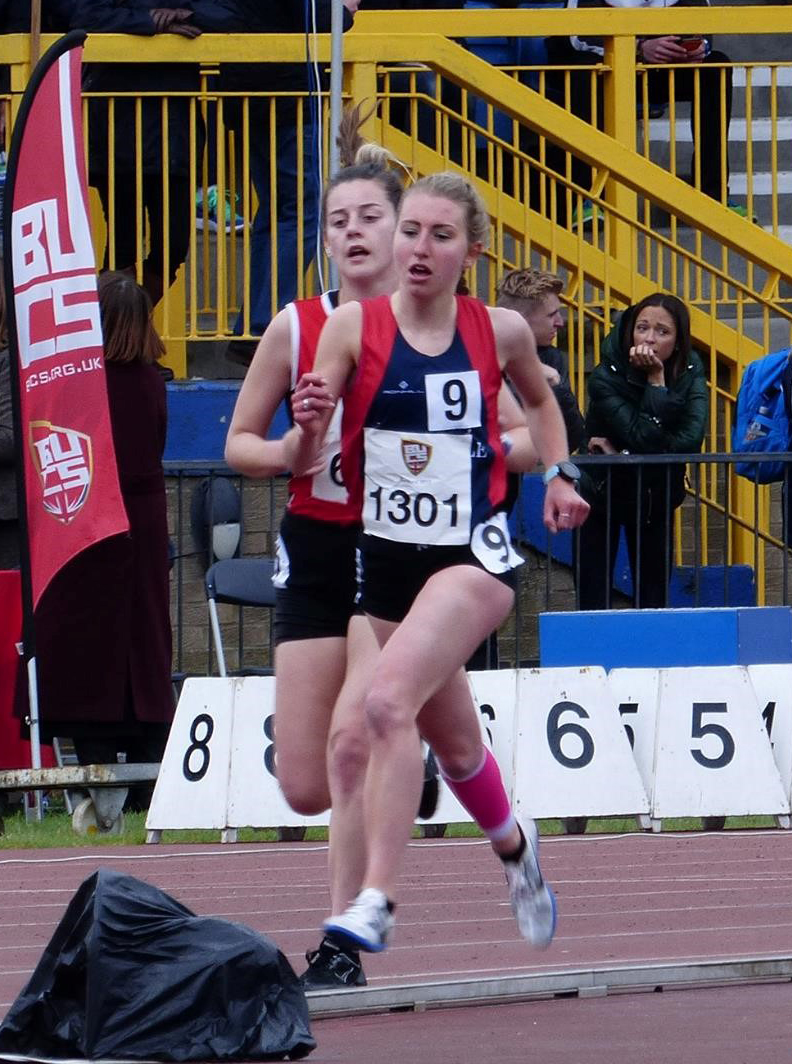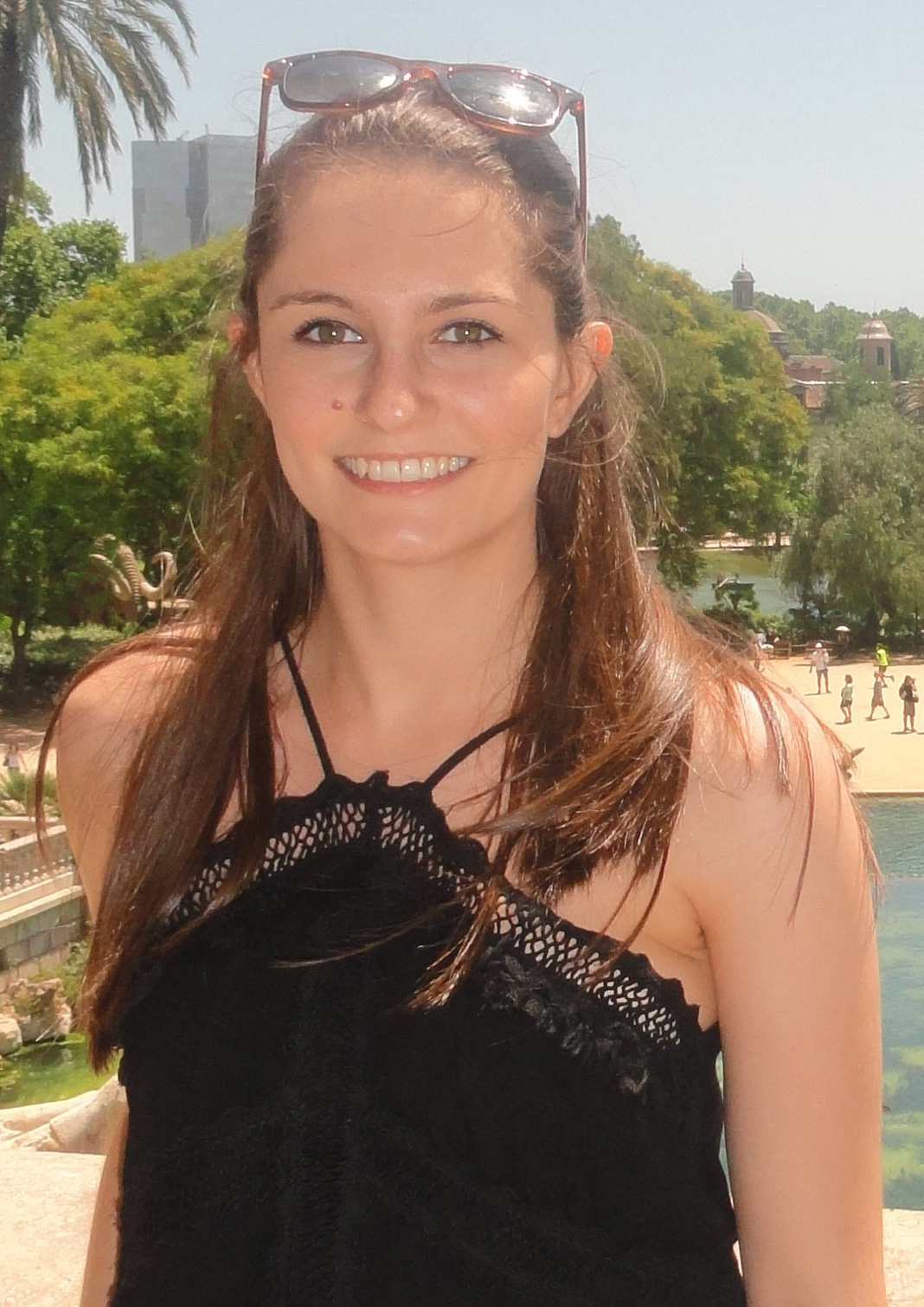Ever wondered how to balanced a degree like Mechanical Engineering with social activities, relaxation and part-time work? It can seem tricky, but second year student, Will O’Donnell, has got it covered. In today’s blog post he explains how he manages his time.
Life at Newcastle
I’m currently studying for a BEng degree in Mechanical Engineering, and as a Stage 2 student I remember what was important to me when choosing a university to study at. Something that mattered a lot was the work/life balance wherever I decided to go, which, thankfully, resulted in me choosing Newcastle. It is often difficult to see how to manage your studies and extra-curricular activities when looking in from the outside, which was true for us all as applicants. Fortunately there is no shortage of things to do here, as well as your studies (though as a Mech Eng student, the work is plentiful). Contrary to popular belief, there is definitely room for a life outside of an Engineering Degree, and it is remarkably easy to find a nice balance between the two aspects of university life when you get the hang of it.
 Stage 1
Stage 1
First year of Engineering, while undoubtedly a step up from school teaching, is not the hellscape it’s cracked up to be. Sure, there’s several new subjects that you’ve never considered before (e.g. Thermofluid Dynamics, Materials Science etc), but it’s important to remember that these are new to everyone else too. I worried that not taking Further Maths at A-Level would severely hinder me, but the point of Stage 1, I soon realised, is to bring everyone to the same level. For the Further Maths students the topics were very familiar, but the lecturers did a fantastic job of making everything clear and understandable for those of us who didn’t know our imaginary numbers from our eigenvalues. This was also true for mechanics, as the material taught was familiar to many, but not to the extent that it became boring or overly simple. There’s a lot of practical work, no shortage of trips, and enough fresh content to keep you on your toes. Busy though the days may be with learning, there’s still plenty of time after to blow off some steam in the various societies on offer, or in a nearby pub. I never felt particularly overwhelmed, and there was invariably room for relaxation and enjoyment over the year.
Stage 2
Second year is a bit of a gear-change. The complexity of the course content steps up, and the amount of work is greater than that of first year. While this may be the case, and it is certainly unavoidable, it was not the death of my life outside of the lecture theatre. In fact, I joined the Water Polo Society, and trained regularly every week. Keeping active helped me focus and introduced me to a bunch of new people. The nature of Stage 2 meant that our course spent a lot of time together outside of teaching time, and we became significantly closer as a result. More so than Stage 1, the sense of community in our year was present. Luckily we are all quite similar, with enough differences to keep life interesting.
Winding Down
Getting out of lectures and feeling the fresh air on your face is a wonderful sensation, unless it’s past October and the temperatures have plummeted again. The rest of the day is waiting to be filled, and provided I’ve done all my work (even occasionally when I haven’t), I go and enjoy a bit of rest and relaxation. As with most students, Netflix is my friend at times like these. If it’s sunny, some of us will go to the Moor and pass out for a bit/play a game of something.
When I want to do something more active, we will go the gym (for some unfathomable reason we’ve started going at 6am, but I feel great afterwards and oddly have more energy during the day) or hit the climbing wall. There’s also a local pool that’s great for a swim whenever I’m feeling particularly restless.
Part-Time Work
In second year, I got myself a teaching position in the local pool. It’s easy to fit around my studies due to the short hours, and the people there are fantastic. I wouldn’t say its strictly necessary to get a job in first year, as there’s a lot to take in and a job can only add to that feeling. That being said, it’s never a bad thing to have an income, and it takes some of the pressure off finances.
Time Management
I’ve certainly had some trouble with this, especially at first. Being by yourself for the first time, while liberating, is a minefield of potential pitfalls. In first year, it is crucial to develop some good habits in terms of self-discipline, as these will carry forward into future years. It’s tempting to stay up till all hours on a binge-watching session, or go out four times a week, but as the year goes on this can affect the uni side of life. I found it useful to work away from the flat, and especially in second year it is much easier to focus in the library. It’s also easier to go somewhere and do impending work straight after lectures because, lets face it, if you go home intending to do some work later it’s never going to happen. Basically, so long as you use some common sense and, that critical thinking that Mech Eng imparts, you can’t go far wrong.
 Stage 2 is different to stage 1 as there are less lectures to attend but more work to be done outside; in particular, group work. You also have more design modules as opposed to just learning mostly theory like in stage 1. For me, I did spend a lot more time studying outside of class to try and understand these concepts, so I do have to organise my time well. I usually volunteer on Sunday to give myself a break from doing University work.
Stage 2 is different to stage 1 as there are less lectures to attend but more work to be done outside; in particular, group work. You also have more design modules as opposed to just learning mostly theory like in stage 1. For me, I did spend a lot more time studying outside of class to try and understand these concepts, so I do have to organise my time well. I usually volunteer on Sunday to give myself a break from doing University work. Being surrounded by other students in halls with less contact hours didn’t phase me and I didn’t feel I missed out. If I wanted to go out, I could often manage one night a week, which I found was enough for me. I would always choose the sport night on a Wednesday as this allowed me to see my running friends as well as my flatmates. My flatmates would often go out more than this, but my halls were so big that there were other chemical engineers nearby that wouldn’t be going out, and there is something quite satisfying about seeing them hungover and missing out on a free breakfast when you wake up feeling fine.
Being surrounded by other students in halls with less contact hours didn’t phase me and I didn’t feel I missed out. If I wanted to go out, I could often manage one night a week, which I found was enough for me. I would always choose the sport night on a Wednesday as this allowed me to see my running friends as well as my flatmates. My flatmates would often go out more than this, but my halls were so big that there were other chemical engineers nearby that wouldn’t be going out, and there is something quite satisfying about seeing them hungover and missing out on a free breakfast when you wake up feeling fine.

 I have many hobbies and am part of eight societies Newcastle University and one club this year. That includes: 20-minute, Archery, Doctor Who, Game of Thrones, GigSoc, NerdSoc, RAG, Vegan & Vegetarian, and WetSoc. As well as this, this year, I have taken part in Fresher’s Crew, written for the Tab, and am working towards my NCL+ Careers award. I have three part time jobs, which include being a Student Ambassador, Private Tutoring, and being part of the Universities Northumbrian Naval Unit.
I have many hobbies and am part of eight societies Newcastle University and one club this year. That includes: 20-minute, Archery, Doctor Who, Game of Thrones, GigSoc, NerdSoc, RAG, Vegan & Vegetarian, and WetSoc. As well as this, this year, I have taken part in Fresher’s Crew, written for the Tab, and am working towards my NCL+ Careers award. I have three part time jobs, which include being a Student Ambassador, Private Tutoring, and being part of the Universities Northumbrian Naval Unit.